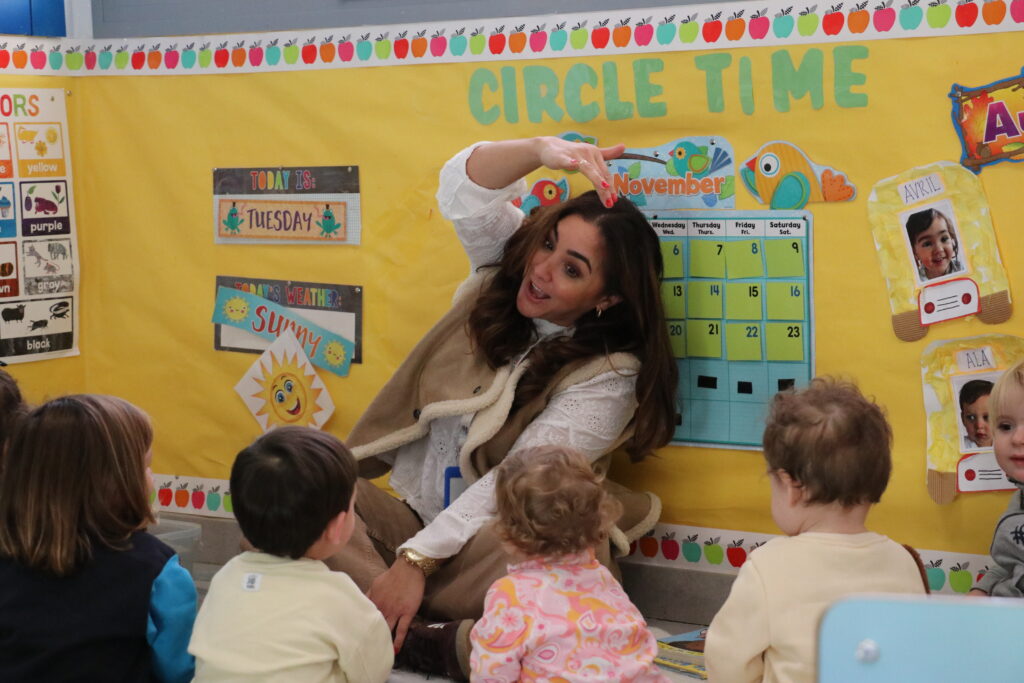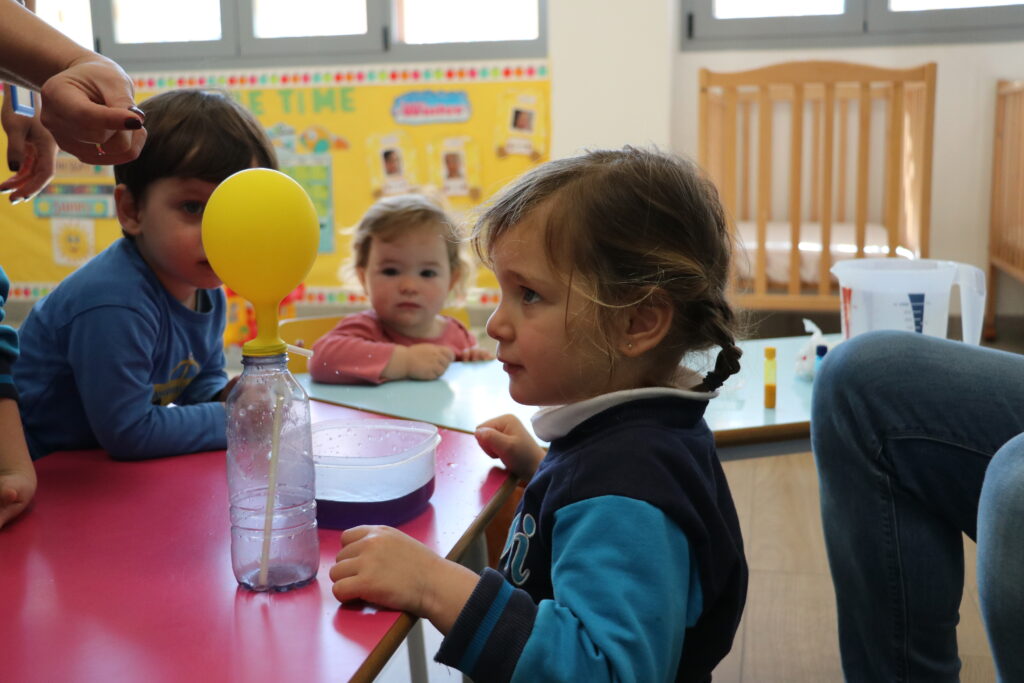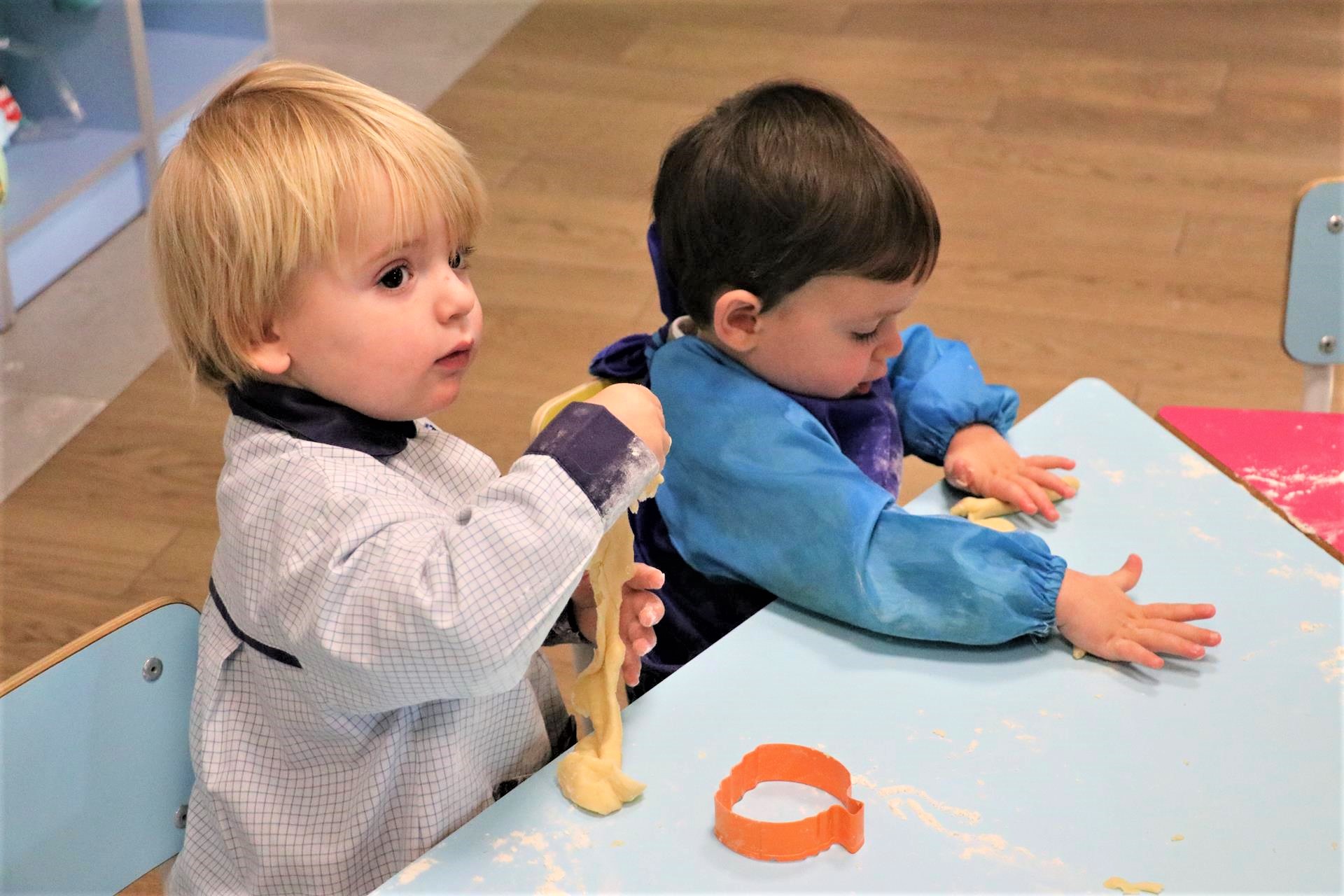During the first years of life, babies’ brains develop at an astonishing rate. That’s why offering learning activities for babies from an early age is key to enhance their cognitive, motor and emotional skills.
In addition, incorporating these activities into their daily lives goes beyond enhancing their development, as it also allows them to strengthen emotional ties with those around them.
Why Are Learning Activities for Babies Important?
The first months and years of life are critical in laying the foundation for future learning. Through play, movement, music and sensory exploration, babies develop their attention, memory, coordination and language skills. The learning activities for babies help to:
- Stimulate neural development.
- Strengthen the bond between the baby and its caregivers.
- Promote curiosity and exploration.
- Establish educational routines from an early age.

According to a study published in BMC Pediatrics, infants who receive early stimulation show significant improvements in cognitive, motor and language development, especially in those with low birth weight.
Learning Activities for Babies from 0 to 6 Months of Age
At this stage, babies begin to discover their bodies and the environment around them. Some activities recommended by experts are:
- Visual stimulation. Show black-and-white images or high-contrast toys to get their attention.
- Games with soft sounds. Using rattles or talking to him with sweet tones favors auditory development.
- Tummy time. Strengthens neck muscles and improves motor coordination.
Activities for Babies from 6 to 12 Months
During these months they begin to interact with their environment in a more active way. Some ideas for learning activities for babies in this period include:
- Cause and effect games, such as pressing buttons that make sounds or throwing soft objects.
- Sensory exploration. Sensory bags, fabrics with different textures or containers with water can be used for this purpose.
- Reading of short stories. Although they do not yet understand words, rhythms and images stimulate their language.
- Imitation of sounds and gestures. Repeating sounds and showing expressions aids in communication.
Activities for Babies from 12 to 24 Months

From the age of one, babies enter a cycle in which they are more curious, which translates into them moving more and manipulating objects. Likewise, many of them also begin to say their first words. In this sense, the activities to be carried out should encourage the above:
- Classification games. Group objects by color, shape or size.
- Permanence boxes. They promote cognitive development and the understanding that objects exist even if they are not seen.
- Songs with gestures, such as “Los cinco lobitos” or “Estrellita, dónde estás?
- Imitation games: kitchenettes, toy telephones or dolls encourage symbolic play.
Tips for implementing learning activities at home
- Create a safe and stimulating environment.
- Respect the baby ‘s time: do not force or overstimulate.
- Include moments of free and guided play.
- Take advantage of daily routines such as bathing or eating to talk and play.
Learn more about our teaching methodology
At Casvi International American School we firmly believe that quality early education makes a difference in every child’s future. That is why we promote a comprehensive approach to early childhood education that includes learning activities for babies from the earliest months.
If you want to know more about our teaching methodology, visit our website or contact us.

